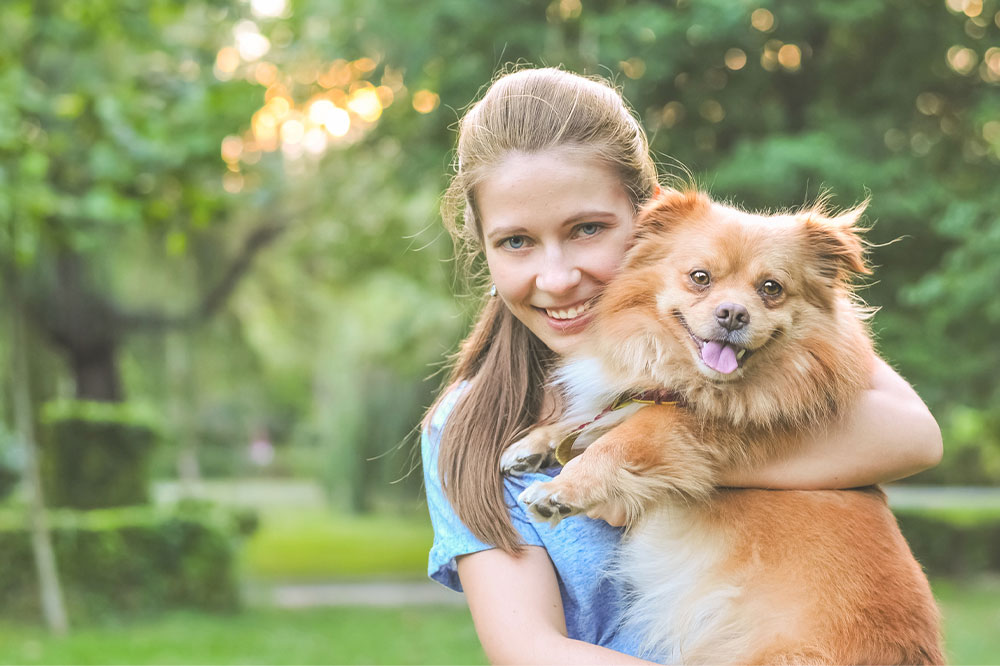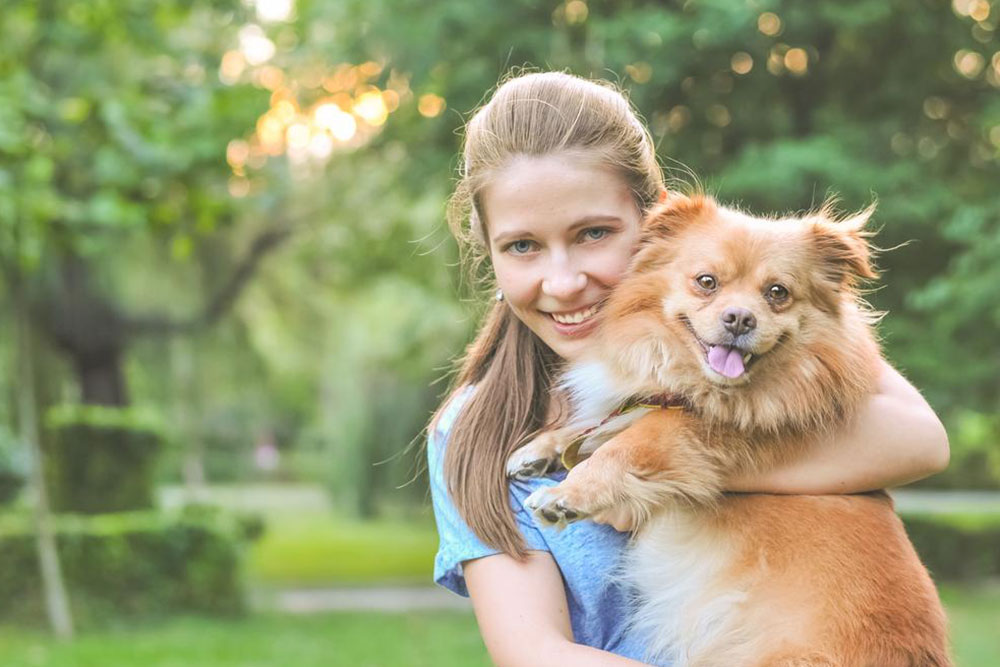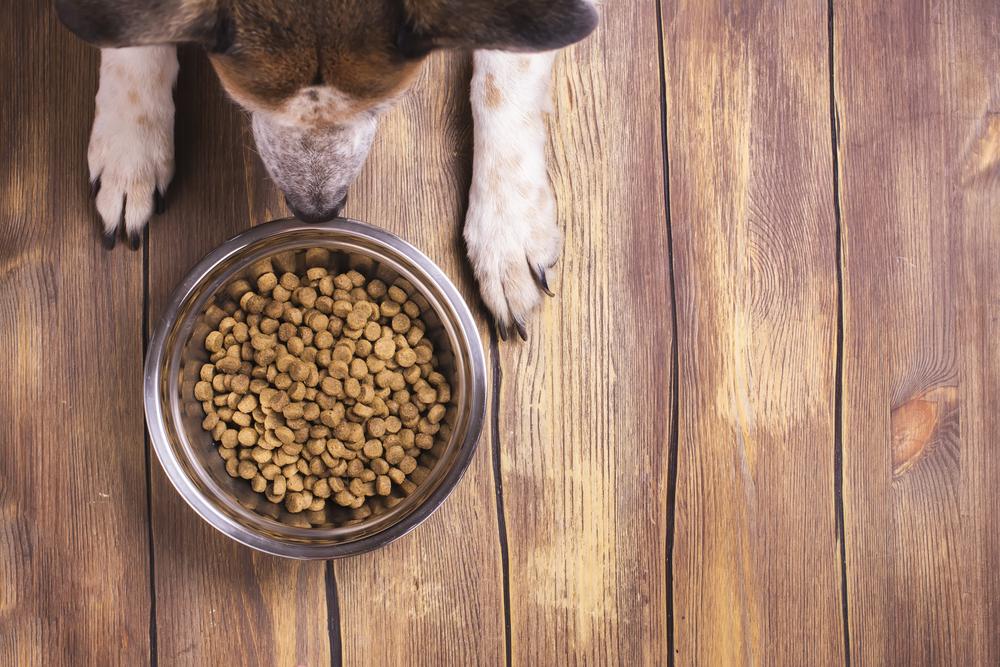Essential Tips for Responsible Dog Adoption and Care
Adopting a dog brings joy but requires careful planning and commitment. This guide covers essential considerations like shelter adoption, financial responsibilities, health care, and emotional bonding. Ensuring you're prepared helps create a happy, healthy life for your new pet. From choosing the right shelter to routine care, these tips support responsible dog ownership for a fulfilling companionship.
Sponsored

Key Factors to Consider Before and During Dog Adoption
Bringing a dog into your home can bring happiness and companionship, but it also requires dedication. Owning a dog involves investing time, money, and emotional effort. Proper planning and understanding the pet's needs are crucial for a harmonious relationship. Before adopting, evaluate your lifestyle, budget, and readiness to care for a dog’s physical and emotional well-being. Thoughtful preparation helps ensure a loving, lifelong bond with your new furry family member.
1. Take Your Time Deciding
Spontaneous choices often lead to mismatched expectations. Reflect on your living situation, travel habits, and family’s willingness. Are you prepared for the responsibilities that come with dog ownership? Consider all these factors to make an informed decision that benefits both you and your future pet.
Opting to adopt from shelters rather than pet stores supports ending animal cruelty. Shelters provide safe havens for dogs needing loving homes. Every dog adopted from a shelter makes room for another to find a family, reducing euthanasia rates and saving lives.
2. Choose Shelter Adoption
Skip pet stores and breeders that often prioritize profits over animal welfare. Adopt from local shelters to rescue dogs in need and give them a second chance at happiness.
3. Budget for Dog Care
Owning a dog incurs expenses, including vaccinations, grooming, high-quality food, toys, and emergency vet visits. Ensure that your finances can support your pet’s needs to maintain their health and happiness.
4. Spay and Neuter Your Dog
Help control overpopulation and reduce euthanasia rates by sterilizing your pet. Responsible breeding prevents unnecessary litters and supports humane animal management.
5. Identification: Tags and Microchips
Dogs can wander away, so it’s vital to keep ID tags with your contact info visible. Microchipping offers an extra layer of security, ensuring your dog can be returned home if lost. Remember to update details if you move.
6. Prioritize Dental Hygiene
Regular brushing keeps your dog’s teeth healthy and prevents dental diseases. Make brushing a positive routine with rewards and gentle techniques.
7. Maintain Nail Health
Keep your dog’s nails trimmed to prevent discomfort or injury. Regular grooming supports mobility and overall well-being.
8. Coat and Fur Care
Routine brushing reduces matting and promotes healthy skin. Depending on the breed, professional grooming may be necessary. Baths should be given as needed, emphasizing hygiene and skin health.
9. Monitor Dietary Intake
Feed high-quality dog food and treats, avoiding harmful human foods such as chocolate, onions, grapes, and nuts. Proper nutrition prevents obesity and related health issues.
10. Provide Toys and Stimuli
Ensure your dog has safe toys for entertainment. Proper enrichment helps prevent boredom and destructive behaviors.
11. Daily Exercise
Regular walks and playtime are essential for a dog’s physical and mental health. Activities like fetch and hide-and-seek keep your pet active and happy.
12. Offer Love and Attention
Dogs thrive on affection and companionship. Cherish your pet daily, understanding their shorter lifespan and the importance of quality time.
Adopting a dog is a rewarding experience requiring thoughtful commitment. Proper preparation ensures a joyful and lasting bond with your new furry friend.






